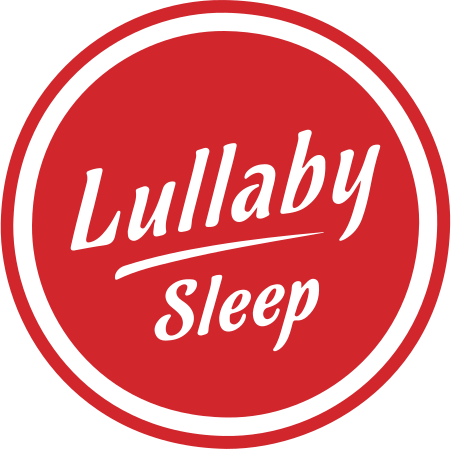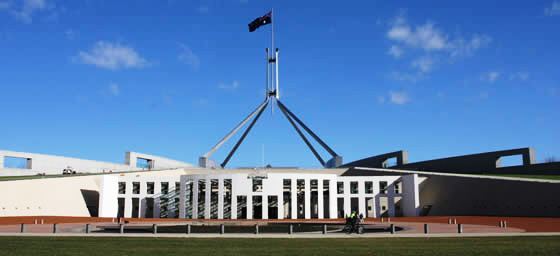MEDIA RELEASE CANBERRA
The final report of a bi-partisan parliamentary inquiry into the nation’s ‘Sleep Health’ has been hailed as a defining moment for patients, clinicians and health experts, according to Australia’s two peak bodies on the critical subject of sleep.
The findings of the National Inquiry into Australia’s Sleep Health in Australia, conducted by the House of Representatives Standing Committee on Health, Aged Care and Sport, endorsed the Sleep Health Foundation and the Australasian Sleep Association’s four-year campaign to have sleep placed as the third pillar of health, alongside diet and exercise. The inquiry made 11 practical recommendations on ways Australia can drastically improve its sleep health, including fully funding a critical education campaign on sleep health awareness.
Sleep Health Foundation Chair, Professor Dorothy Bruck, said the inquiry report was a watershed moment for the field.
“This is a defining moment internationally for sleep health,” Professor Bruck said.
“For the first time in the world a comprehensive government-level document has acknowledged that quality sleep is as important for health as a good diet and adequate exercise. It also calls for sleep health to be recognised as a national priority.”
Australasian Sleep Association President, Peter Eastwood, commended the inquiry committee’s grasp of the complexities of the issues. He thanked the Committee, and Health Minister Greg Hunt, for their combined leadership on the inquiry and subsequent report.
“The quality of the report reflects both the importance of the issues and the neglect to date of this significant health area,” he said. “The report has an impressively wide range of recommendations, which have been influenced by the breadth of submissions. These recommendations, if followed, will take sleep health, sleep medicine and sleep science to a new and proper level within the community.”
Professor Bruck said the 11 recommendations were a call to action and addressed a broad range of priorities and concerns raised in public hearings and 138 submissions from patient groups, medical organisations and health experts. Importantly the report recognised the need for a change in attitudes in how Australia, as nation, viewed sleep.
“The report stresses the importance of people realising that making do without enough sleep is not a badge of honour or a sign of ‘toughness’, but that ongoing inadequate sleep can have serious health consequences and major safety implications,” Professor Bruck said.
The inquiry’s report comes in the wake of another world-first study – conducted by the Australasian Sleep Association, Sleep Health Foundation, University of Western Australia, Canberra Sleep Clinic, Executive Counsel Australia, Actigraph, Curtin University and The Western Australian Pregnancy Cohort (Raine) Study – that revealed politicians were as guilty as the rest of Australians for skipping sleep to cope with long hours and a heavy workload.
Parliamentarians, their staff and press gallery journalists got by on an average 6.5 hours sleep – less than the recommended guidelines – and in some alarming circumstances, just 3.5 hours a night, the research showed.
Statistics show four out of 10 Australians get insufficient sleep either daily or on several days a week. Lack of shut-eye is known to affect mood, energy levels, productivity, weight and the likelihood of developing serious health conditions like diabetes, heart disease and hypertension. It was revealed in a 2017 report conducted by Deloitte Access Economics on behalf of the Sleep Health Foundation that the direct financial cost of poor sleep health is currently estimated to be $26.2 billion annually. Of even greater concern, in 2016-17 inadequate sleep was estimated to contribute to 3017 deaths in Australia.
Professors Bruck and Eastwood said the SHF and ASA were looking forward to engaging positively with all sides of politics to ensure the recommendations of the bipartisan inquiry were adopted.
The full inquiry report can be viewed here.

